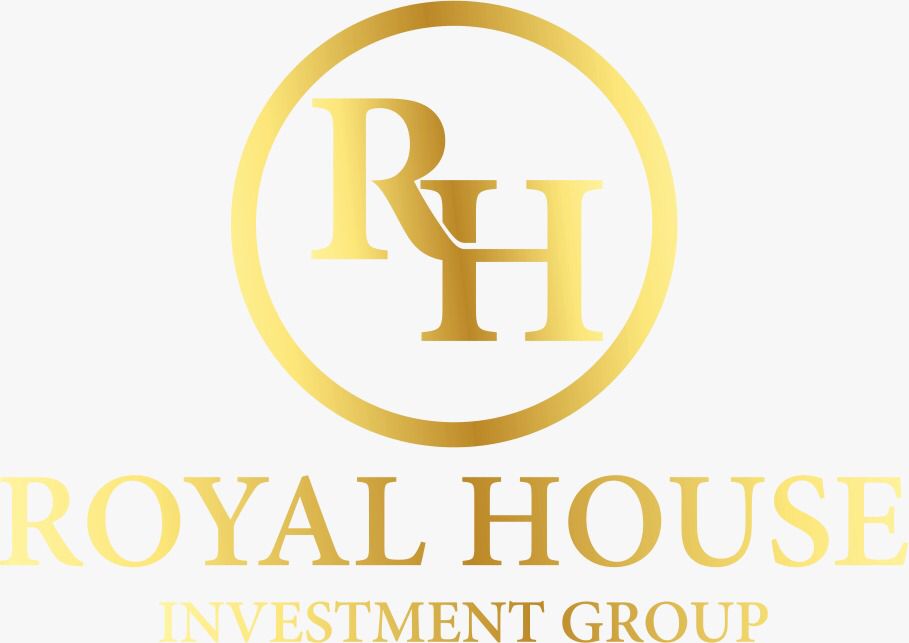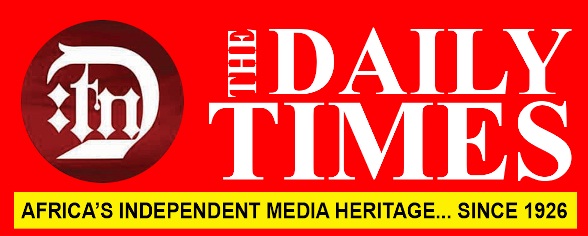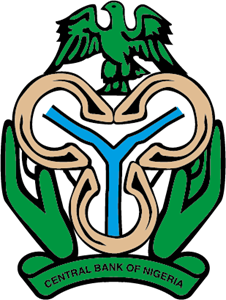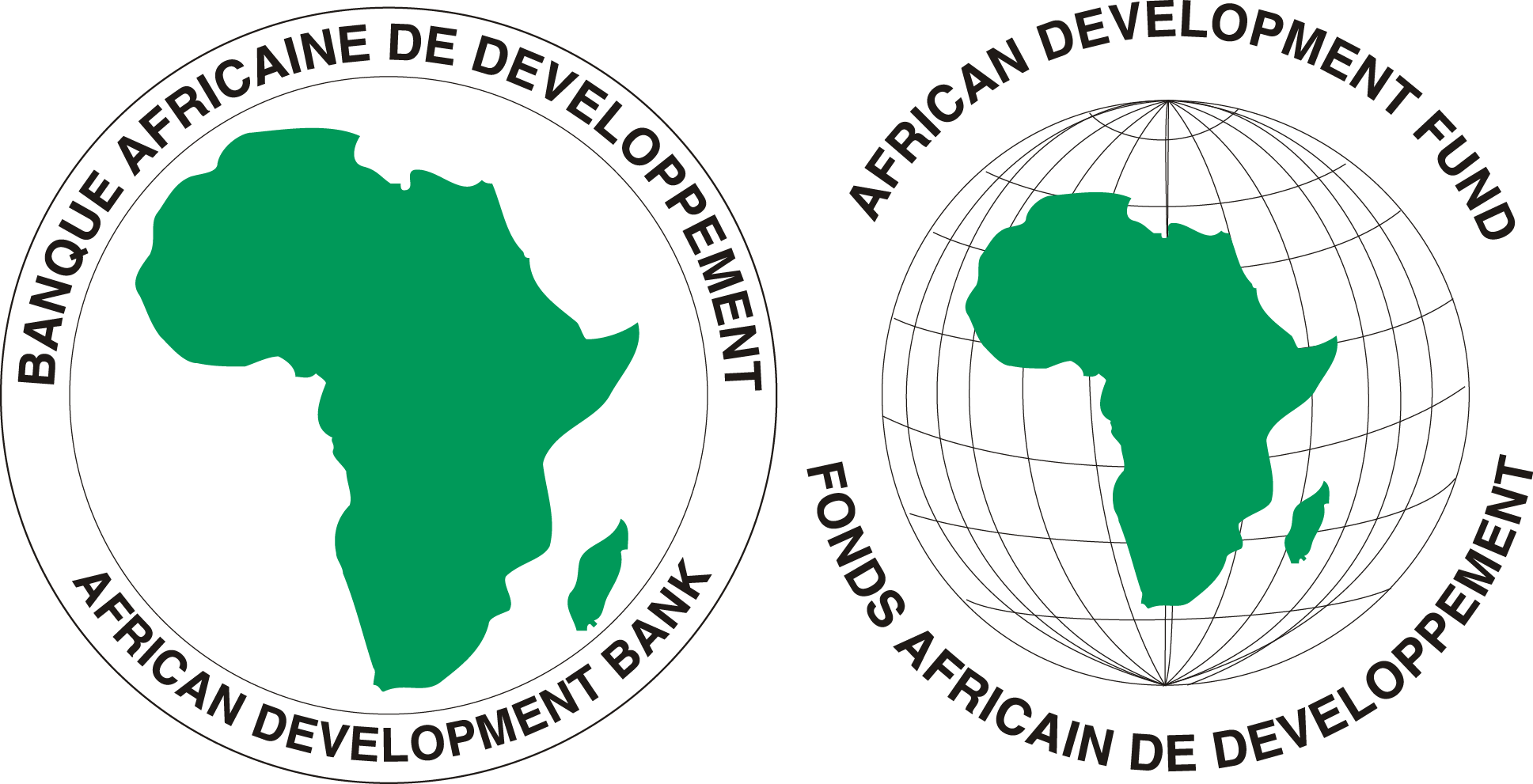26TH SEPTEMBER, 2024
POWER FOR AFRICA
FIN INTERNATIONAL TRADE & INVESTMENT CONFERENCE 2024
VENUE: BALMORAL HALL, FEDERAL PALACE HOTEL, VICTORIA-ISLAND, LAGOS, NIGERIA
Date
26 TH
SEPTEMBER 2024
Venue
BALMORAL HALL, FEDERAL PALACE HOTEL
Location
VICTORIA-ISLAND, LAGOS, NIGERIA
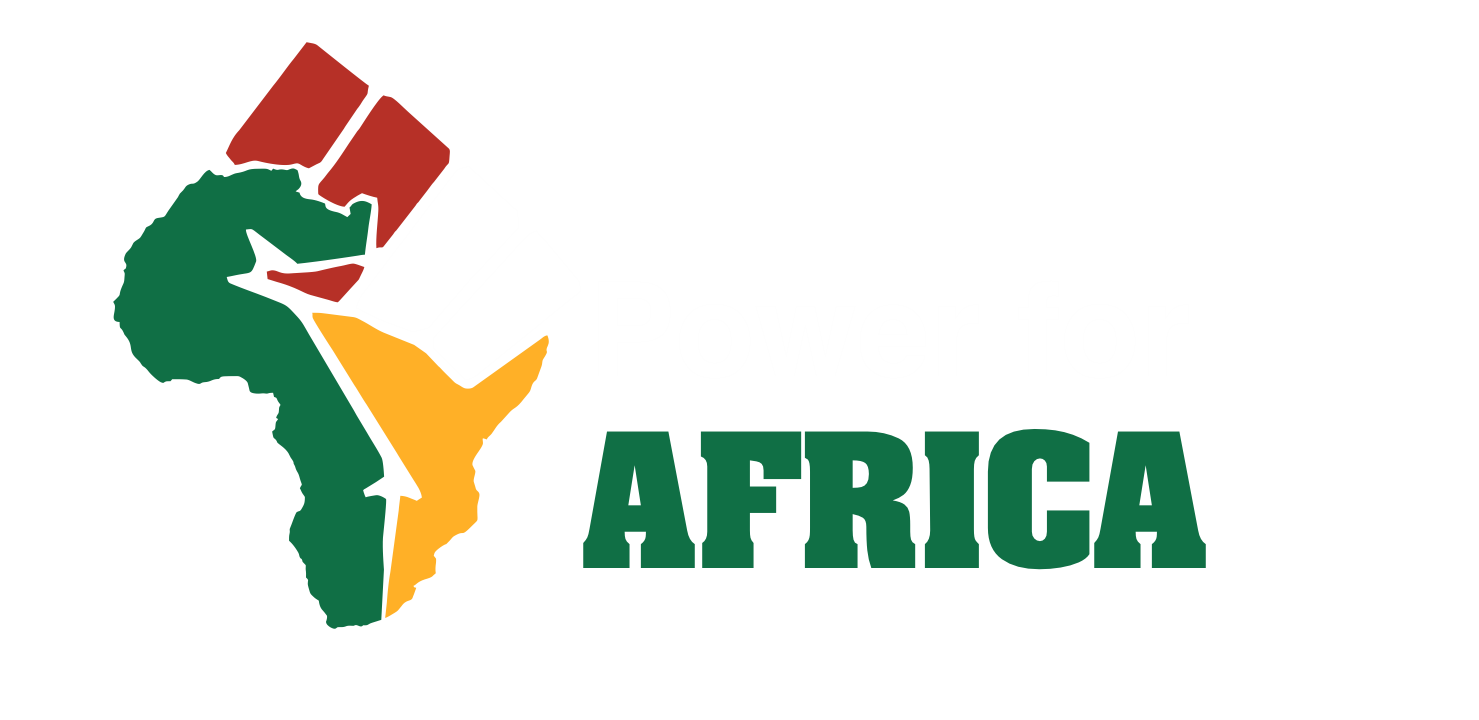
“Power Africa” was American presidential initiative launched by President Barack Obama in July 2013. The initiative aims at supporting economic growth and development by increasing access to reliable, affordable, and sustainable power in Africa.
Read More!
Conference Schedule
Here's our list of Schedule for the Event
| # | Topic | Speaker | Time | Hall |
|---|---|---|---|---|
| 1 | WELCOMING COCKTAIL / NETWORKING | 09:00 - 18:00 | Cocktail Reception Lagos Hall |
| # | Topic | Speaker | Time | Hall |
|---|---|---|---|---|
| 1 | OPENINING CEREMONY/EXHIBITION/CONFRENCE AND AWARD RECEPTION | 09:00 - 18:00 | Cocktail Reception Lagos Hall |
Call for Papers
Submission deadline for Abstract: August 20th 2024.
Submission Email: info@powaforafrica.com
Submit a Presentation or Paper
We will accept:
- Proposals for expert presentations on current challenges or important trends in Fintech in Africa.
- Academic papers or extended abstracts on any of the topics listed below or related topics, or
- Proposals for discussion sessions on any of the topics listed below or related topics.
All abstract should not be more than 1000 words. We accept submissions in Word, PDF, and PowerPoint format.
In line with the conference’s goal to build a dialogue among all relevant actors, we encourage submissions from individuals and organizations from underrepresented voices and from a diverse range of countries and backgrounds.
Special Guests
Meet Our Special guest of Honor
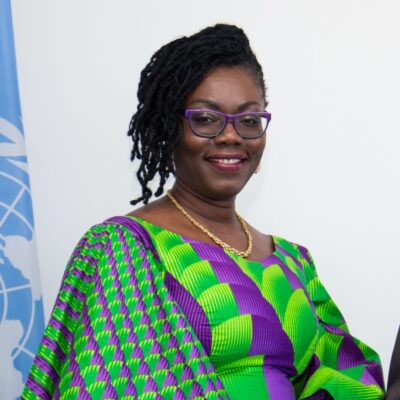
Hon. Ursula Owusu-Ekuful
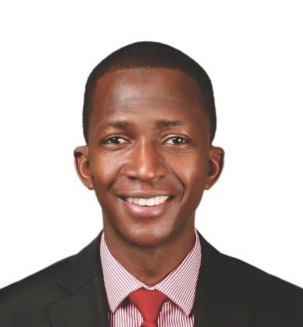
Mr. Abdulrasheed Bawa

Michael Miebach
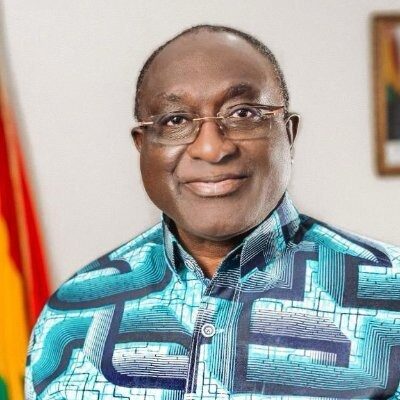
Alan John Kyerematen

Mrs. Vera Esperanca

Mr. Solomon Mwanba

Sam Lee
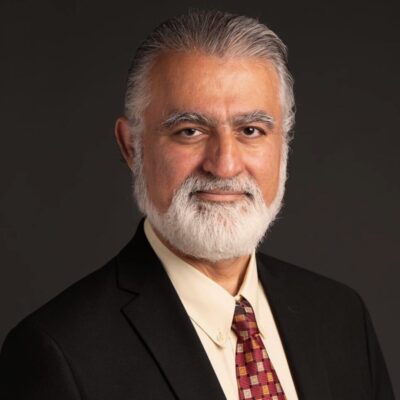
Farzam Kamalabadi
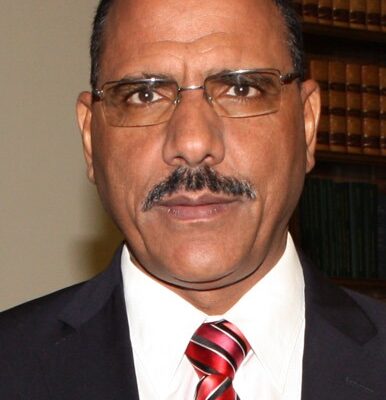
Mohamed Bazoum

Dr. Ernest Addison
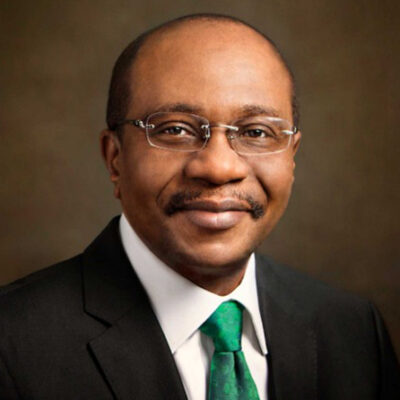
Dr. Godwin Emefiele
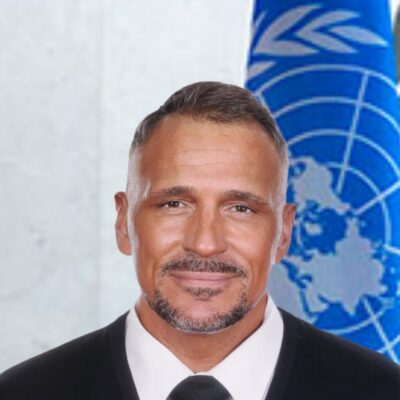
Senator Pat Meyer

Dr. kabir
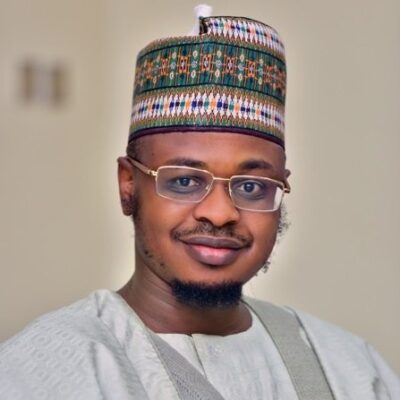
Prof Isa Pantami
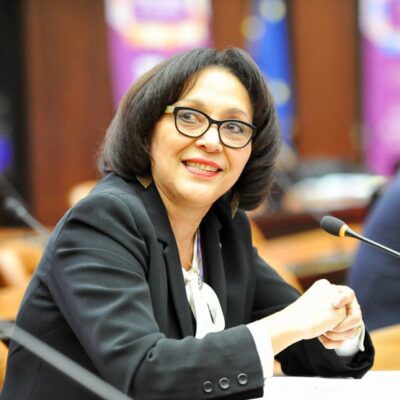
Eddie Josephau
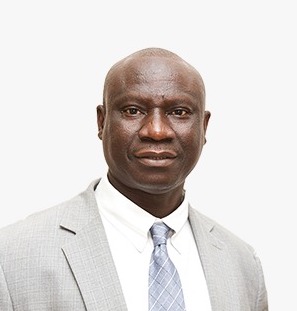
Buah Saidy
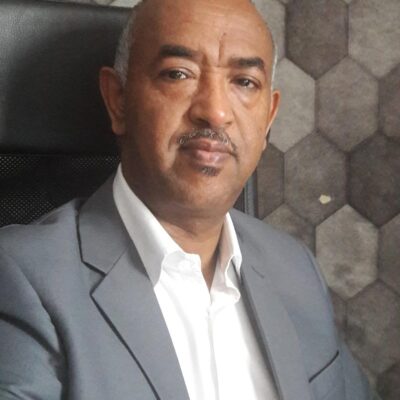
Mr Baharu Eurgessa
At the end of this event, it is expected that the following would have been achieved:
- Stimulation of wider inclusiveness between countries to speed up the actualization of a Prosperous Africa.
- Joint campaign to increase access to electricity in sub-Saharan Africa by adding more megawatts (MW) of cleaner, more efficient electricity generation capacity to new homes and business connections.
- Advocacy machinery for the development of job creation incubation system for African Youths at the grassroots.
- Improved know-how on available opportunities for trade, investment and tourism.
- Collaboration with partner countries, institutions and organizations to achieve key mandates such as building on existing projects that sustain the pipeline of female talents and innovations while driving entrepreneurship and women in the workplace as a key option.
- Exploratory Business opportunities between investors in the development of cottage industries for rural economies and job creation.
Catalysing Africa’s Energy Transition
Sub-Saharan Africa is starved of stable power. The region’s power sector is significantly underdeveloped, looking at power access, installed capacity, or overall consumption. The fact that sub-Saharan Africa’s residential and industrial sectors suffer power shortages means that countries struggle to sustain GDP growth. The stakes are enormous. Indeed, fulfilling the economic and social promise of the region, and Africa in general, depends on the ability of government and investors to develop the continent’s huge power capacity.
Power access should be a key part of African governments’ economic development agenda. They have a key role in aligning policies to build an enabling regulatory environment in support of the creation of markets for mini-grids; to increase opportunities for interactivity between mini-grids and the national grid; to ensure budgetary allocation to enable this; and to develop expansion programs with committed funding streams.
Africa relies heavily on wood or other biomass for cooking and heating, a cause of outdoor and indoor air pollution, wreaking havoc on our health and the environment. We need to tap into alternative power sources by investing more in solar technologies, clean energy, affordable smart meters, and more efficient battery storage. Off-grid solutions will decrease our high dependence on fossil fuels, which makes it expensive to generate and provide power supply.
As Africa thrives under surging economic and population growth rates, we face the challenge of ensuring that everyone benefits optimally from the gains of development. Utilities are key to growth. Their provision—or the lack of—can make the difference between life and death, between a prosperous society with expanding opportunity, and one where people struggle with poverty and vulnerability.
Power access can increase household per capita income by 39 percent. Businesses operate at higher levels of productivity, farmers can run cleaner irrigation systems and processing machines that improve their yields and thus, their income. In rural communities, the farmer who once lost half of her produce due to inadequate climate controlled storage solutions, suddenly reduces her losses while increasing her income when she gains access to power and refrigeration. She can then have better nutrition from her subsistence farming, invest more in education, health, and the general well-being of her family and community. With eighty percent of Africa’s economy relying on agriculture, imagine the total impact on farmers’ lives if they all had access to electricity, how it would impact their yields and translate into greater economic growth
Power consumption and economic development are closely linked; growth will not happen without a step change in the power sector.
To move ahead on development of the sector, national governments should take the initiative in a number of areas. For one, they could focus on ensuring the financial viability of the power sector. Four points matter here: electricity tariffs should reflect the true cost of power consumption, costs should be transparent, the country should make the most of what it already has in the sector, and officials should pursue least cost options in investments.
It is important for governments to demonstrate political will. To do this, they can prioritize efforts, keep an eye on the long term, and focus on the regulations and capabilities needed for the sector to thrive, not just on the plants and associated infrastructure.
The Conference will have the following session:
- Keynote addresses from respected industry leaders
- Dynamic live roundtables (Q&A)
- Group Discussions
- Lectures & Presentations
- Extensive networking opportunities
- Exhibitions
- FIN Award
“Power Africa” was American presidential initiative launched by President Barack Obama in July 2013. The initiative aims at supporting economic growth and development by increasing access to reliable, affordable, and sustainable power in Africa.
There is a direct correlation between economic growth and power supply required on sub-Saharan Africa to fulfil its promise.

